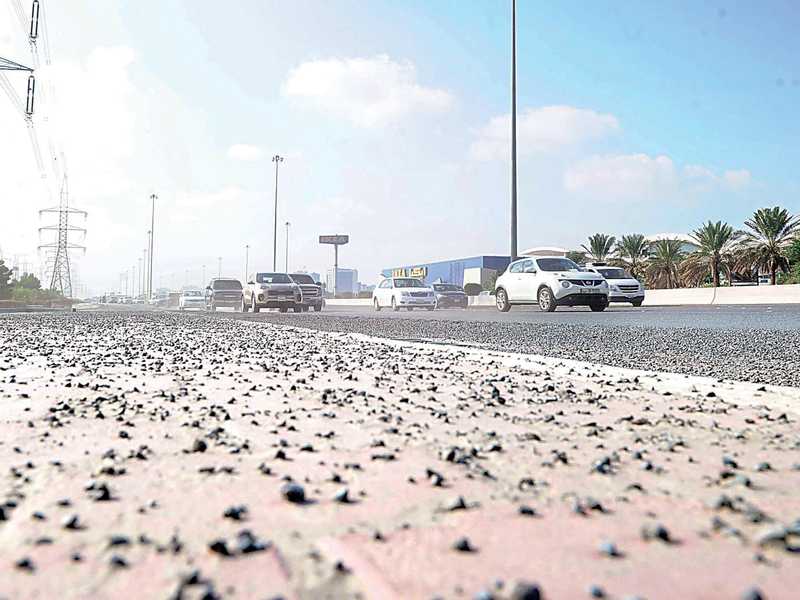The recent resignation of Amani Bouqmaz, the Minister of Public Works, following two interrogations initiated by MPs Daoud Marafi and Mubarak Al-Tasha, has raised concerns about the political accountability of departing ministers. The resignation has sparked inquiries into the minister’s responsibility for administrative and legal transgressions, particularly in relation to state projects, infrastructure development, and the persistent issues with road defects that have been a source of frustration for citizens and have led to recurrent flooding during rainy seasons.
Insiders claim that the government’s acceptance of the minister’s resignation amidst the interrogations implies an acknowledgement of failure in performing duties. There is now an urgent call to scrutinize the matters raised during the interrogations, address any shortcomings, and hold negligent officials accountable, even if they choose to resign from their positions in any ministry.
The recent interrogation led by Daoud Marafi, which ultimately led to the minister’s resignation, focused on various issues such as the Roads Authority, mismanagement of public funds, non-compliance with the law, neglect of job responsibilities, failure to oversee ministry affairs, and the environmental consequences affecting the nation and its citizens.
It has been revealed that the resigned minister provided contradictory statements, making promises to address road issues by July 2023 after assuming responsibility for the Ministry of Public Works. However, despite announcing tenders to international companies, no substantial progress has been made. Furthermore, discrepancies were discovered regarding maintenance contracts, with the acting Minister of Public Works, Jassem Al-Stad, revealing the absence of any such contracts. Contracts were awarded in violation of conditions, resulting in further financial and legal violations.
The resigned minister is also being held accountable for delays in the airport project, causing concerns among involved parties despite an existing agreement. The absence of a unified system, as advised by several concerned entities, has contributed to the stagnation of the project during the minister’s tenure.
Critics argue that accepting the resignation without holding the minister accountable sets a dangerous precedent, potentially allowing officials to misuse public funds, make arbitrary decisions, and deceive the public without facing any consequences. These concerns extend to the minister causing financial losses, disruptions in projects, and property damage to citizens. Additionally, the minister is accused of issuing change orders without following proper procedures and extending the contract of the airport contractor despite ongoing delays.
The haphazard selection of contractors and the lack of a systematic approach have had a detrimental impact on the quality of project implementation, increased costs, damaged the authority’s credibility, and caused a decline in Kuwait’s international rating in terms of infrastructure and road quality indicators.
It is crucial that ministers who choose to resign are not allowed to escape accountability for their actions. Holding them responsible for any wrongdoing, even after their departure, is necessary to ensure the proper functioning of the government, protect public funds, and maintain the trust of the citizens.
Source: TimesKuwait







